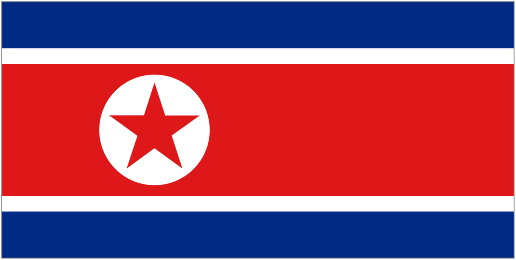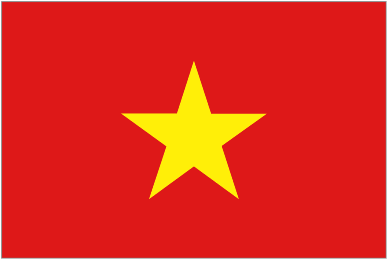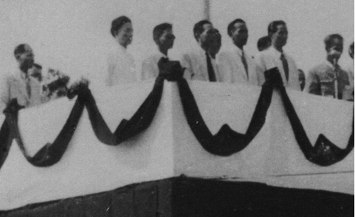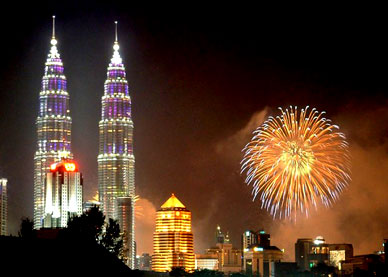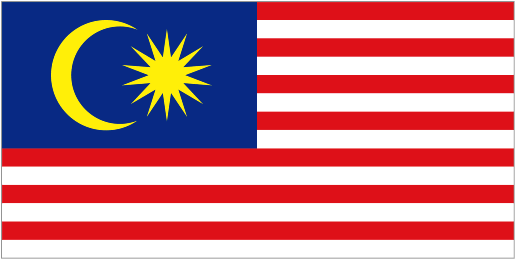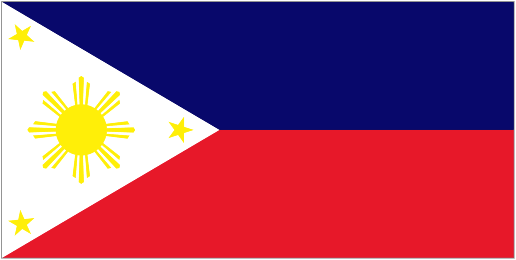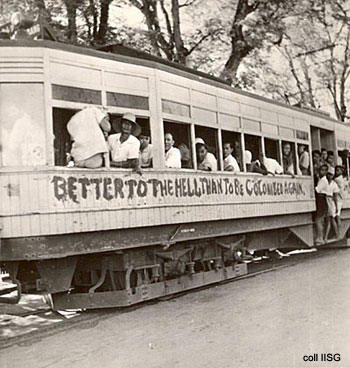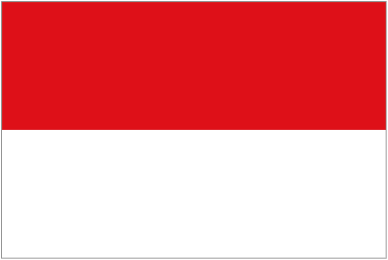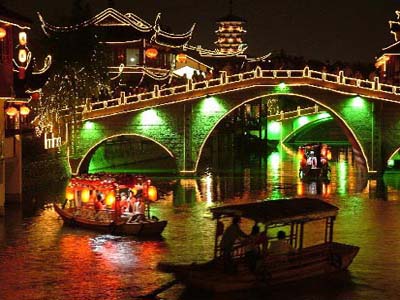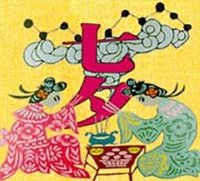September 9
Each Fall over 100,000 participants perform and compete in the Mass Games, one of the few public events in the otherwise tight-lipped nation of North Korea. The Games coincide with North Korea’s Independence Day on 9-9.

Korea was ruled by the Joseon Dynasty from the 14th century on. In 1897, the king thought it would be a good idea to make Korea an empire, and became Korea’s first–and last–Emperor. The Empire that succeeded the 500 year-old Dynasty lasted only 13 years.
Aiding its demise was the Taft-Katsura Agreement between the U.S. and Japan. Japan recognized the U.S.’s sphere of influence in the Philippines in return for recognition of Japan’s sphere of influence in the Korean peninsula. At the end of the Russo-Japanese War, in which Russia and Japan vied for territory, Japan came out on top, and pressed Korean Ministers to sign the Eulsa Treaty. (The Korean Emperor and Prime Minister never signed the treaty, and in fact implored other governments not to recognize its validity.) Over the next five years, Korea fell increasingly under the thumb of Japan.
Two million Koreans participated in the independence demonstrations of 1919 and 1920; 46,000 were arrested and 7000 were killed.
During World War II, Korea faced brutal conditions under Japanese occupation. Millions were conscripted into wartime labor. Tens of thousands of women, known as “comfort women”, were forced into sexual slavery for the military.
After Japan’s defeat, Korea was split along the 38th parallel, to be administered by the Soviet Union in the north and the U.S. in the south. The 38th parallel would form the front line of the Cold War in the 1950s, as well as an ideological border between capitalism and communism into the 21st century.
In May of 1948, elections held in South Korea led to the independence of the Republic of Korea on August 15.
In the North, the Democratic People’s Republic of Korea was proclaimed on September 9 of that year.
“Dear Leader” Kim Jong-Il normally attends the annual Mass Games on the country’s independence, but foreign observers speculate he may be ill, citing doctors’ visits and Jong-Il’s absense from the spotlight.
One Japanese professor theorizes that the North Korean big cheese has actually been dead for 5 years. That one of his ‘stand-ins’, who were used as decoys when he was alive to ensure his safety, has been playing the part since 2003.
[published 2008]

